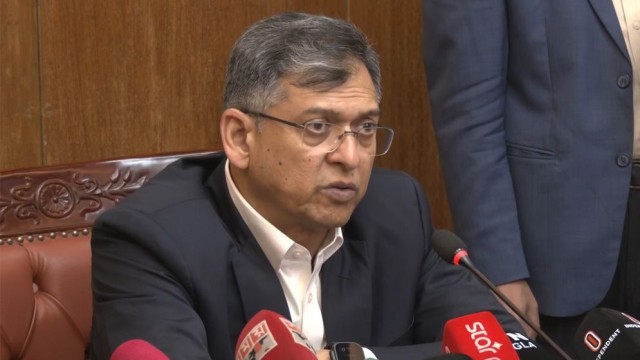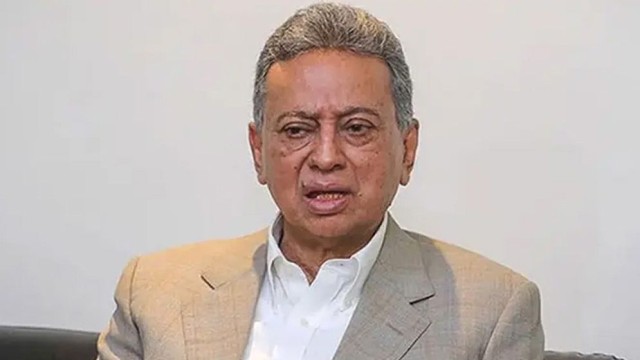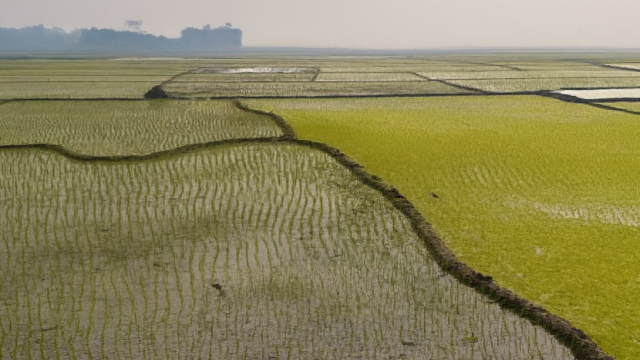Dhaka, May 21 (V7N) — In a significant move aimed at boosting trade relations with the United States, the government of Bangladesh is set to eliminate import duties on nearly 100 categories of American products, including military weapons, aircraft components, medical equipment, and agricultural machinery, in the upcoming national budget.
According to sources at the National Board of Revenue (NBR), the Chief Advisor has approved the initiative, which is being positioned as a response to recent U.S. tariff actions under the Trump administration and part of a broader strategy to narrow the bilateral trade deficit.
Currently, Bangladesh imposes Customs Duty (CD) rates ranging from zero to 25 percent on over 2,500 American import items, which include cotton, iron scrap, jet engines, oilseeds, automobiles, and military hardware. In the forthcoming budget, import duties on approximately 100 key products will be reduced to zero.
This zero-duty facility will apply to a wide array of products, including:
-
Staple fiber
-
Medical and surgical instruments
-
Turbo jet engines
-
Aircraft parts
-
Garment manufacturing machinery
-
Agricultural and poultry equipment
-
Military arms and ammunition
Notably, the total duty on certain military imports can currently reach up to 212 percent. With the removal of the 25 percent CD, the total duty burden will drop to approximately 150 percent, offering significant cost relief for military procurements.
Trade analysts welcomed the move. Professor Mostafizur Rahman, Honorary Fellow at the Center for Policy Dialogue (CPD), remarked, “This is a strategic step. The U.S. is not only a key defense supplier but also Bangladesh’s largest single-country export market. Reducing these tariffs could help balance trade relations and ease bilateral tensions.”
In addition to tariff reductions, the government is also addressing non-tariff barriers. On May 7, the NBR amended the Bonded Warehouse Rules to facilitate higher volumes of U.S. cotton imports. Officials said Standard Operating Procedures (SOPs) are now being drafted, and further steps are underway to remove remaining regulatory hurdles.
The U.S. remains Bangladesh’s largest export destination, but the country faces a trade deficit of approximately $6 billion with Washington. The recent imposition of higher tariffs on Bangladeshi exports by the Trump administration has added pressure to diversify trade dynamics and reciprocate market access.
END/MSS/AJ






























Comment: